A fragile ceasefire between Israel and Hezbollah has taken hold, but questions linger regarding the effectiveness of the United Nations Interim Force in Lebanon (UNIFIL) in upholding UN Security Council Resolution 1701. The agreement, mediated by the U.S. and France, mandates Hezbollah's retreat north of the Litani River and Israel's withdrawal from southern Lebanon. However, accusations of violations from both sides are already surfacing, raising concerns about the long-term viability of the truce and the role of UNIFIL.
Israeli Prime Minister Benjamin Netanyahu condemned Hezbollah's recent projectile launches toward Mount Dov as a "serious violation" and pledged a forceful response. While a five-nation monitoring committee led by the U.S. aims to oversee the de-escalation, skepticism remains about UNIFIL's ability to prevent further breaches of the agreement.
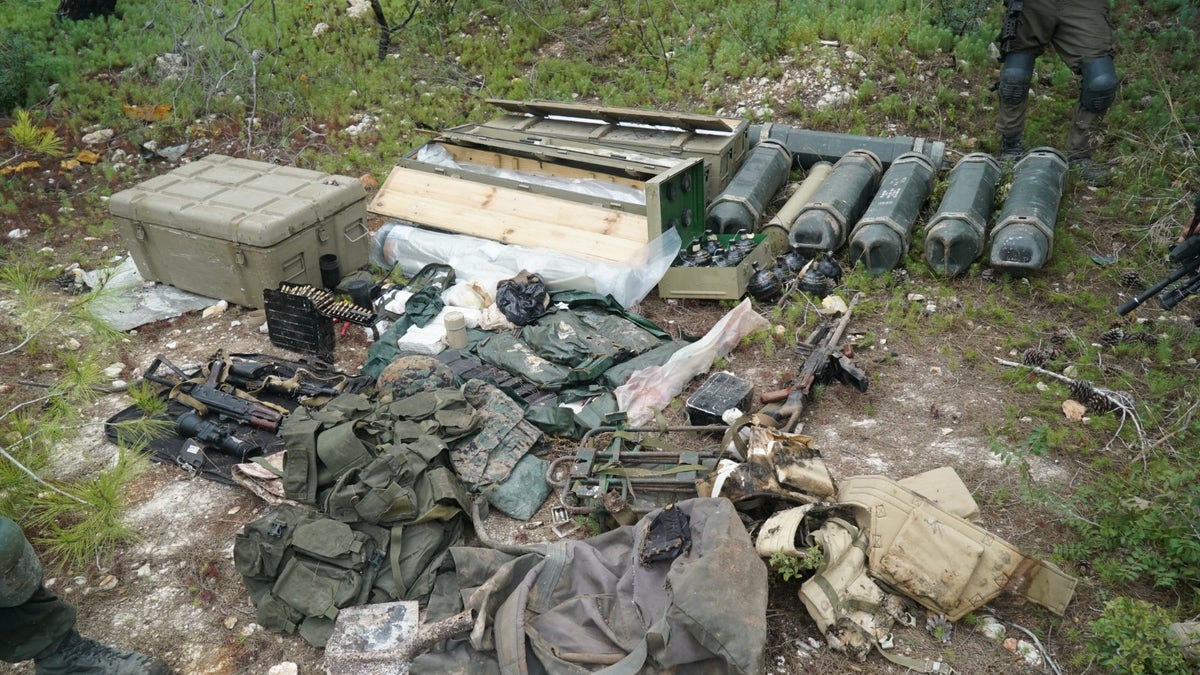
Experts point to past UN peacekeeping shortcomings as a cause for concern. Javed Ali, a former U.S. counterterrorism official, highlighted the inherent challenges UNIFIL faces in enforcing Resolution 1701, noting the difficulty in preventing Hezbollah from rebuilding its operational infrastructure south of the Litani River. Historical examples of UN peacekeeping failures in regions like Somalia, Rwanda, and the Balkans further underscore these concerns.
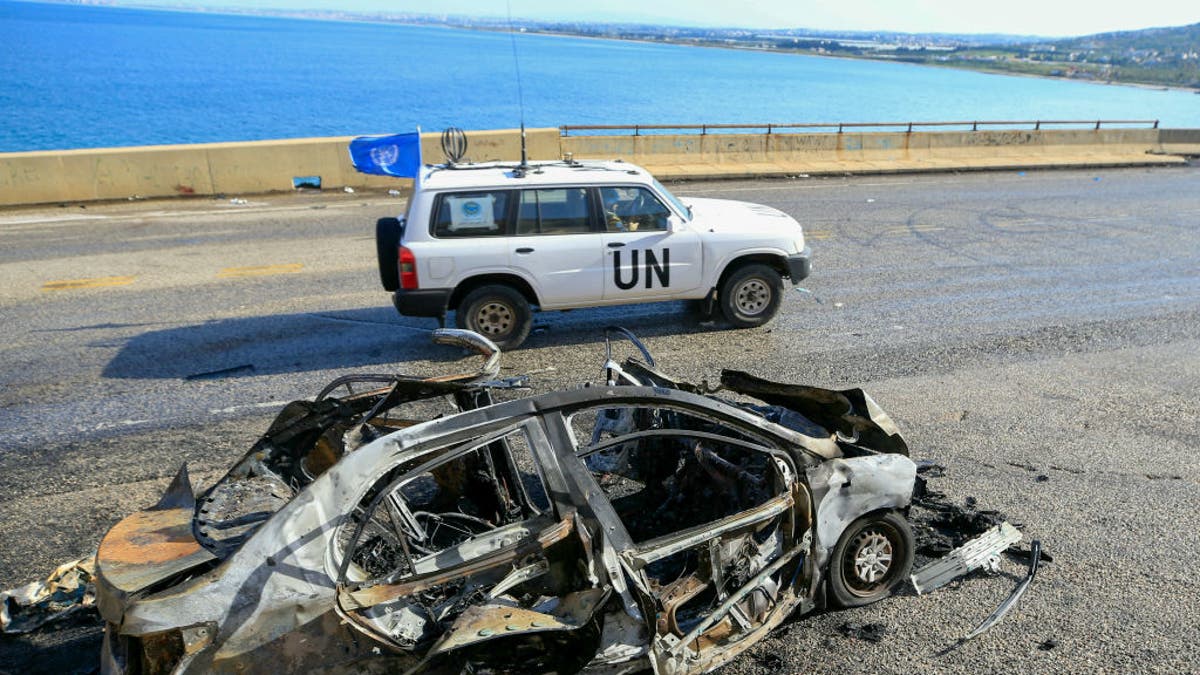
Recent events have further fueled doubts about UNIFIL's efficacy. Israeli journalist Itai Anghel documented an incident where a UNIFIL convoy drove into an active firefight between Israeli soldiers and Hezbollah militants, raising questions about potential coordination with the latter. Anghel also reported on the extensive weaponry observed in southern Lebanese villages, highlighting the magnitude of the challenge.
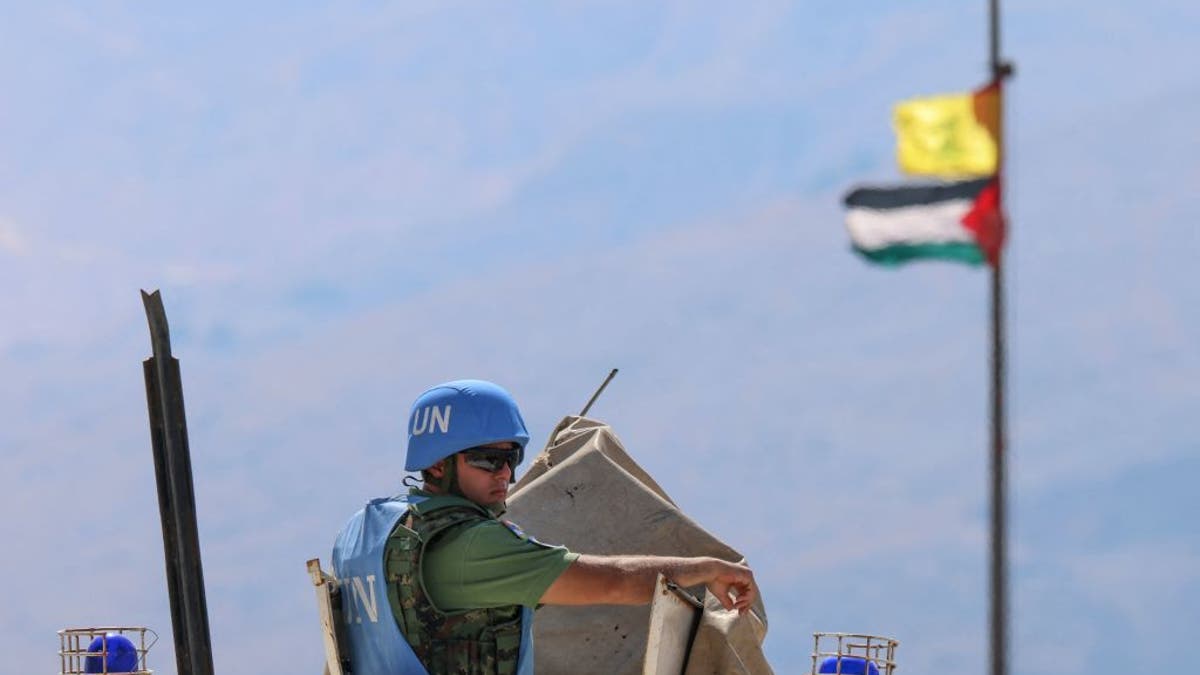
Israeli Defense Forces (IDF) officials have reported instances of Hezbollah exploiting UN convoys for intelligence gathering and positioning cameras on UNIFIL facilities. They also pointed to the discovery of a large tunnel near a UNIFIL base, questioning how such activity could go unnoticed. Accounts from IDF personnel and a former Danish UN peacekeeper depict a scenario where Hezbollah operates openly in close proximity to UNIFIL, with little intervention.
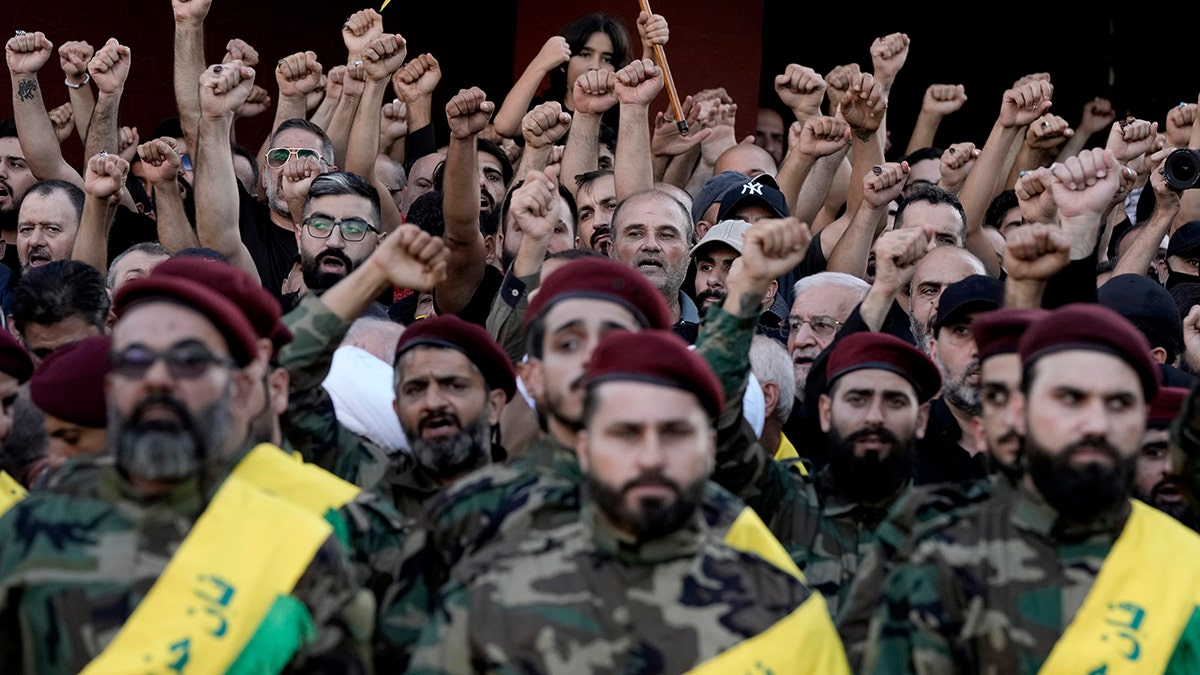
UNIFIL maintains that its mandate is limited to monitoring and reporting, not enforcement or disarmament. They cite the period of stability between 2006 and 2023 as a testament to their contributions, despite acknowledging the ongoing presence of unauthorized weapons. However, critics argue that Hezbollah has effectively circumvented the conditions of Resolution 1701, building up its military infrastructure while UNIFIL remained largely passive. Following the Hamas attack on Israel, Hezbollah launched numerous projectiles from areas near UNIFIL bases, further highlighting the precarious situation.
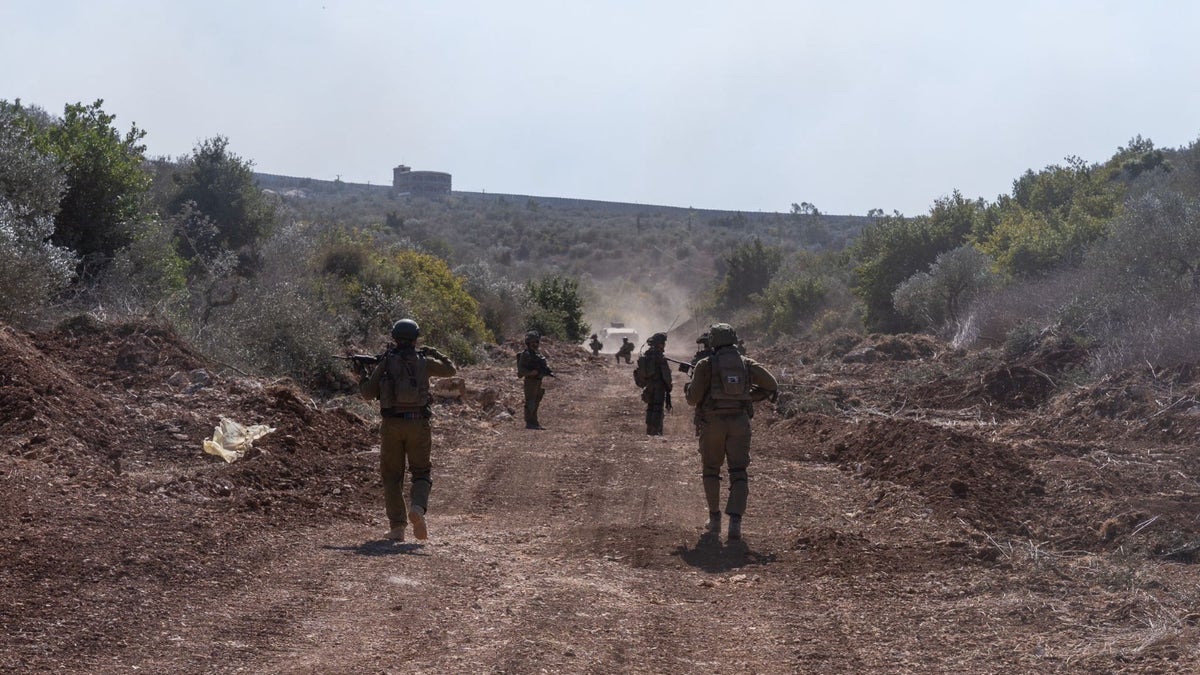
While the ceasefire offers a temporary respite, its long-term prospects remain uncertain. The entrenched presence of Hezbollah, coupled with skepticism about UNIFIL's effectiveness, creates a volatile environment. The role of the peacekeeping mission is now more crucial, and more contested, than ever.
Comments(0)
Top Comments